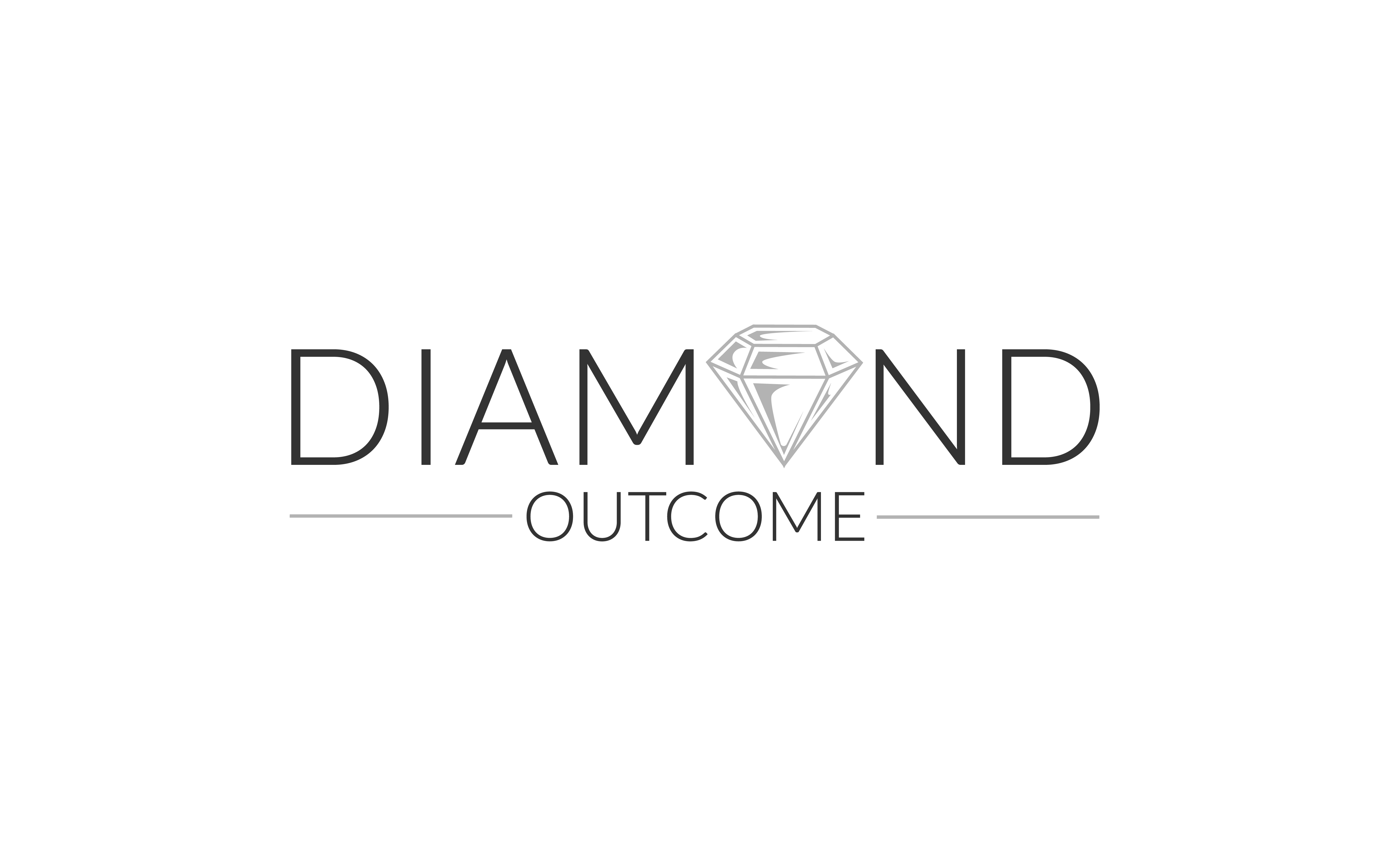The Blog
Discover transformative insights, practical strategies, and inspiring stories to guide your personal growth journey.

Emotional Intelligence: The Key to Building Stronger Relationships
“When awareness is brought to an emotion, power is brought to your life.” - Tara Meyer Robson
Introduction:
In the vast landscape of personal development, there exists an often-underestimated superpower that has the potential to transform the way we connect with others and navigate the complex web of human relationships. This superpower is known as emotional intelligence (EQ), and it's not merely a buzzword—it's a critical skill that has the power to enhance our personal and professional lives in profound ways. In this comprehensive exploration, we'll delve deep into the realm of emotional intelligence, gaining a profound understanding of its multifaceted nature and discovering how it serves as the master key to building stronger, more enriching relationships.

Observing the emotions of others
Demystifying Emotional Intelligence
Emotional intelligence, often abbreviated as EQ, is the art of recognizing, understanding, managing, and effectively using not only our emotions but also the emotions of those around us. Think of it as a finely tuned radar that allows us to navigate the intricate landscape of human emotions with grace and empathy. EQ comprises four fundamental components, each playing a pivotal role in our ability to relate to others:
1. Self-Awareness
The foundation of emotional intelligence begins with self-awareness. It involves recognizing our own emotions, understanding their origins, and acknowledging how they influence our thoughts and behaviors. Self-aware individuals possess a keen understanding of their strengths, weaknesses, values, and goals.
2. Self-Management
Once we've developed self-awareness, the next step is mastering self-management. This entails regulating our emotional responses, controlling impulsive behavior, and channeling our emotions into constructive actions. Self-managers are adept at staying calm under pressure and adapting to challenging situations.
3. Social Awareness
Empathy, a core component of EQ, comes into play here. Social awareness involves recognizing and comprehending the emotions of others. It means being attuned to their non-verbal cues, understanding their unspoken feelings, and demonstrating genuine care and interest in their emotional experiences.
4. Relationship Management
The ultimate goal of emotional intelligence is to foster healthier and more meaningful relationships. Relationship management entails effective communication, conflict resolution, and the ability to inspire and influence others positively. Individuals with strong EQ are skilled at building rapport, resolving conflicts amicably, and nurturing harmonious connections.
The Transformative Impact of Emotional Intelligence on Relationships
Now, let's delve into how emotional intelligence acts as a cornerstone for building stronger, more enriching relationships:
1. Enhanced Communication
People with high EQ are adept communicators. They possess the ability to listen actively, paying close attention to both verbal and non-verbal cues. As a result, they respond with empathy, fostering open and honest dialogues that lead to deeper, more meaningful connections.
2. Conflict Resolution
Conflict is an inevitable aspect of any relationship. However, EQ equips individuals with the skills to manage disagreements constructively. Emotional intelligence enables us to de-escalate conflicts, identify common ground, and seek mutually beneficial solutions that preserve the integrity of the relationship.
3. Empathy and Understanding
Understanding the emotions and perspectives of others is a hallmark of emotional intelligence. When we demonstrate empathy, we create a profound emotional bridge that strengthens our bonds with friends, family, colleagues, and even strangers. It's the ability to say, "I understand how you feel."
4. Building Trust
Trust is the bedrock of any relationship. Individuals with high EQ are seen as trustworthy because they are consistent in their actions, keep their promises, and are sensitive to the needs and feelings of others. Trust is the glue that binds relationships together, and EQ enhances our capacity to build and maintain it.
5. Leadership and Influence
In the professional realm, leaders with high EQ are more effective. They have the ability to inspire and motivate their teams, resolve conflicts, and create a positive work environment that fosters collaboration and productivity. EQ-driven leaders are not just managers; they are mentors and coaches who lead by example.
Cultivating Emotional Intelligence: Strategies for Personal Growth
The exciting aspect of emotional intelligence is that it is not a fixed trait but a skill that can be nurtured and refined over time. Here are some strategies to help you cultivate and enhance your EQ:
1. Self-Reflection
The journey to emotional intelligence begins with self-reflection. Set aside time for introspection and self-assessment. Regularly reflect on your own emotions, triggers, and responses. Journaling can be a powerful tool for this purpose.
2. Practice Active Listening
Make a conscious effort to listen actively when engaging with others. This means listening with the intent to understand rather than to respond. Ask questions to clarify their feelings and thoughts, and provide them with your full attention.
3. Empathize
Empathy is the cornerstone of emotional intelligence. Put yourself in others' shoes, striving to understand their perspectives and emotions, even if you don't necessarily agree with them. Empathy involves seeing the world through their eyes and feeling what they feel.
4. Manage Stress
Stress can undermine emotional intelligence, causing emotional reactions that are disproportionate to the situation. Practice stress-management techniques such as mindfulness, meditation, deep breathing exercises, or physical activity to keep your emotions in check.
5. Seek Feedback
To enhance your emotional intelligence, seek honest feedback from trusted friends, family members, or colleagues. Ask them about your emotional responses, your communication style, and your ability to understand their emotions. Use their input as valuable insights for improvement.
Other resources to help you get started
Diamond Quest: Boost Your EQ
Now that you've explored the importance of Emotional Intelligence (EQ) in building stronger relationships, it's time to put your newfound knowledge into practice. Here's a mini activity to boost your EQ:
Self-Reflection: Take a few minutes to reflect on your own emotions and reactions. Identify a recent situation where you experienced a strong emotion. Write down the emotion, what triggered it, and how you responded.
Empathy Exercise: Choose a family member, friend, or colleague and engage in a conversation with them. Practice active listening—focus on what they're saying without interrupting or offering solutions. Try to understand their emotions and perspective. Afterward, ask them how they felt during the conversation.
Conflict Resolution: Think about a recent disagreement or conflict you had with someone. Consider how you could have handled it differently using your EQ skills. Write down a hypothetical resolution that takes both parties' emotions into account.
Express Gratitude: Reach out to someone you appreciate and express your gratitude. Share what you value about them and how they make you feel. Pay attention to their emotional response.
Journal Your EQ Journey: Start an EQ journal to record your emotional experiences, empathetic encounters, and conflict resolution attempts. Use it as a tool for self-improvement and growth.
Remember, developing emotional intelligence is an ongoing journey. Use these activities as a starting point to enhance your EQ and continue building stronger, more fulfilling relationships in your life.
Access Our Exclusive Resources
© 2024 Diamond Outcome, LLC. All Rights Reserved.
